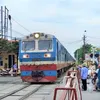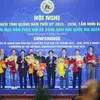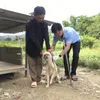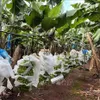March 17, 1954: Enemy's forces in Ban Keo fortress cluster forced to surrender
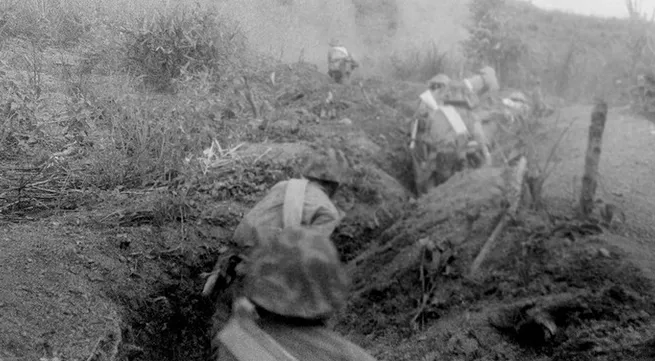
However, on the morning of March 17, 1954, Thai soldiers in Ban Keo were in a stir upon hearing the news that Vietnamese troops were about to attack. Realising that they could not keep Ban Keo, De Castries ordered Captain Clarchambre to take the Thai puppet battalion back to Muong Thanh. However, as soon as they left the station, the soldiers disregarded the commander's words and rushed towards the forest where loudspeakers were echoing: "Our fellow Thai soldiers, leave the enemy ranks, return to the resistance and come back to your families!” The enemy used artillery to block the way and sent tanks to chase and prevent. Vietnamese forces used artillery to support the abovementioned soldiers, who fled to safe positions in the forest. The soldiers picked up 241 enemies who surrendered, but the Thai and French commanders fled to the centre. The 36th Regiment did not need to open fire but conquered Ban Keo, and advanced to occupy the hills in the north of the airport.
Concluding the first phase of the Dien Bien Phu Campaign in five days (from March 13-17, 1954), with two key major battles (Him Lam and Doc Lap), the Vietnamese army and people smashed the enemy's defensive system on the north and northeast directions, wiped out the northern subdivision and a part of the central subdivision, destroyed two most elite battalions of the enemy's, disbanded another battalion, and opened the path to the basin.
For the first time in the resistance war against the French colonialists, Vietnamese army carried out a joint operation among the infantry, field artillery, and antiaircraft artillery to attack fortresses located within the enemy's strongest fortress group on the Indochina battlefield. That was a truth that the French colonialists could not have imagined before. De Castries himself was also very tired and worried, so he hurriedly sent an emergency call to Hanoi to request urgent reinforcements for Dien Bien Phu to replenish the depleted positions. French Prime Minister Laniel, Navarre, and Cogny all turned to pessimism.
The Campaign’s Command conducted a preliminary review for the first phase of the campaign at Muong Phang Command Post on March 17, 1954.
